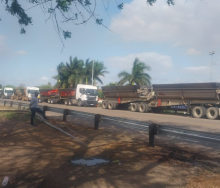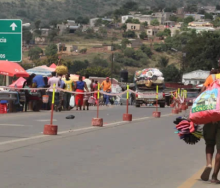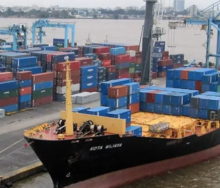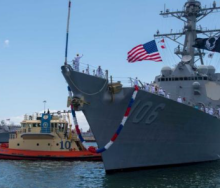South Africa’s Operation Phakisa has failed dismally to generate the number of jobs it anticipated - thanks largely to a mismatch between skills available and skills required.
That’s according to Department of Planning, Monitoring and Evaluation head of Operation Phakisa (Oceans Economy), Mpumzi Bonga, who addressed delegates at a two-day conference organised by the South African International Maritime Institute (SAIMI) in Durban last week.
Bonga said of the government-driven Operation Phakisa that since its launch in 2014, investment performance had exceeded expectations, but it was simply not creating the number of jobs anticipated.
He said investment to date in the targeted maritime sector subsectors had risen to above R40 billion – about R9 billion above target – in the five years since the launch,
But job creation had yielded less than 10 000 direct jobs – a far cry from the 77 000 jobs hoped for, he added.
Even taking into account indirect jobs, Bonga said, the job creation picture in the maritime sector remained dismal.
The mismatch could be explained by the fact that the bulk of the investment generated to date had been by the offshore oil and gas subsector, directed largely at seismic surveys and exploration, which required highly specialised skills and fewer people to perform.
Even so, he said it was barely an acceptable fact that the maritime sector in general, and specifically the targeted subsectors, were not delivering on the promise the launch of Operation Phakisa (Oceans Economy) gave at inception.
Bonga also pointed to slow transformation of the sector in terms of human capital population demographics.
“The reason I am bringing this up is so that we should sober up when we plan the skills development and remind ourselves that when we do what we do, we are mindful that we do not have the luxury of time, as the majority of people out there are becoming restless. There is no room for mistakes.”













